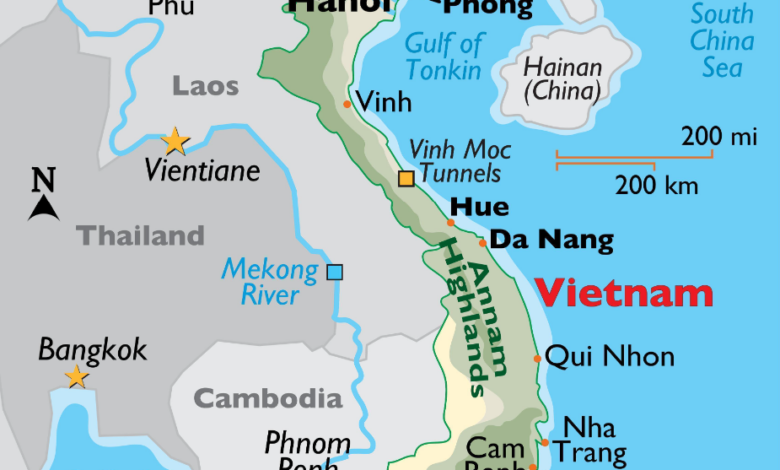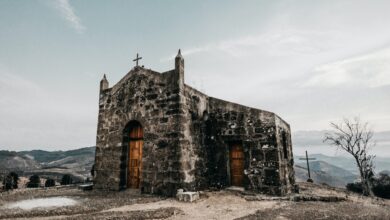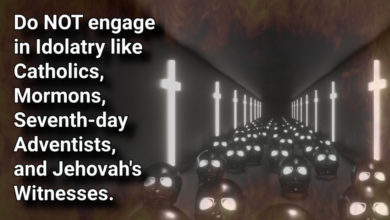Christians Fear the Implications of the Attack on the Government in Vietnam

In the pre-dawn hours of June 11, four policemen, two government officials, and three bystanders were killed by camouflage-clad armed groups. This rare anti-government violence occurred in Vietnam’s Central Highlands in Ea Tieu and Ea Ktur communes, Kuin District, Dak Lak Province. Weapons reportedly used were small arms, grenades, and petrol bombs.
In the pre-dawn hours of June 11, four policemen, two government officials, and three bystanders were killed by camouflage-clad armed groups. This rare anti-government violence occurred in Vietnam’s Central Highlands in Ea Tieu and Ea Ktur communes, Kuin District, Dak Lak Province. Weapons reportedly used were small arms, grenades, and petrol bombs.
It is widely assumed that it was ethnic minority tribes, collectively called Montagnards (mountain people), who were responsible for the attack. Ethnic minorities make up 80 percent of Vietnam’s 2 million evangelicals, and there is enormous concern over whether there was any participation by those in the large Montagnard Christian community.
Almost all information available is what the state-run media has published. The Ministry of Public Security has identified those arrested as “young people who harbored delusion and extreme attitudes and had been incited by ringleaders via the internet.”
Contrary to usual practice, official media have not exaggerated potential Christian involvement, even though the government has long branded some ethnic minority churches voicing political grievances as “groups posing as religions.” Under constant scrutiny, such groups are barred from registering as recognized religious groups.
A 12-minute Facebook video circulating strongly implies that Montagnard Christian young people were involved in the attacks. Using helicopter or drone photography, the clip shows several well-known church buildings and Montagnard congregations of the Evangelical Church of Vietnam South (ECVN-S) and the Christian Mission Church (CMC), well-established and legally recognized by the government. The video illustrates police raids of church offices, suggesting there’s something illicit about the churches, not something illegal about the raids, along with “interviews” of Christian leaders, and it casts Christian signs and literature in a poor light.
The commentary is highly suspicious of and derogatory toward Montagnard evangelicals. The video’s origins are unclear but appear thinly disguised as government propaganda.
While there is no excuse for the anti-government violence, the cup of injustice handed to the marginalized Montagnard minorities, who sometimes refer to themselves as Dega, has long overflowed. In ongoing land disputes, they virtually always come out as the loser. There has been recent high tension between the government and Montagnard coffee plantation owners over agricultural land being confiscated for highway and urban expansion.
Minorities in the region have long lived with severe freedom of speech, assembly, and religion limitations. Though overt persecution of Christians has lessened in recent years, it still occurs. Land confiscation and the oppression of Christians were significant contributors to earlier significant and violent uprisings in 2001 and 2004. Additionally, Montagnard Christian exiles have fled Vietnam for Cambodia and Thailand for years, seeking asylum.
With the June 11 attack, the government has crushed discontent with the swift mobilization of overwhelming military and security force power, as it has on previous occasions. AsiaNews reported on June 14 that violence was spreading and parts of the Central Highlands were under lockdown, though other sources did not confirm this.
Radio Free Asia announced that as of June 20, more than 70 suspects had been arrested. They will doubtless pay a high price, whether or not they were involved. The June 22 People’s Daily (Nhan Dan) carried an extensive article with the official narrative. There has been an unusual clampdown on spreading “disinformation,” that is anything outside the government’s narrative, on social media. Exorbitant fines exceeding $4,000 have already been levied against violators.
This high level of government concern can perhaps be explained by the delicate position in which Vietnam finds itself. In December 2022, Vietnam was placed on the U.S. State Department’s Special Watch List of religious freedom violators, and the country has been in an all-out campaign to get out of this embarrassing classification.
The primary reason for this sanction was Vietnam’s harsh religious freedom restrictions on independent Montagnard churches that have shown even the slightest discontent or inclination for more control over their affairs.
For the government, the “usual suspects” are overseas Montagnard human rights organizations, especially the ethnic minority remnants of the United Front for the Liberation of Oppressed Races (FULRO, from the French Front unifié de lutte des races opprimées), which has intermittently struggled for ethnic independence since the 1960s, including after the 1975 communist takeover. Some prominent Christians were historically involved in FULRO leadership. The government reported a FULRO flag was found with a cache of weapons it seized. However, spokespersons for the most notable of such organizations have vehemently denied involvement in the recent Dak Lak violence.
While much is still unknown, the pastoral challenges posed by Montagnard’s situation and especially the June 11 attack are enormous. Christian leaders ask for prayer for the following:
Although Vietnam has recently improved several notches in Open Doors’ World Watch List of countries where it is most challenging to be a Christian—ranking 25th out of 50 in the latest report—ethnic minority evangelicals remain highly suspect and vulnerable.




